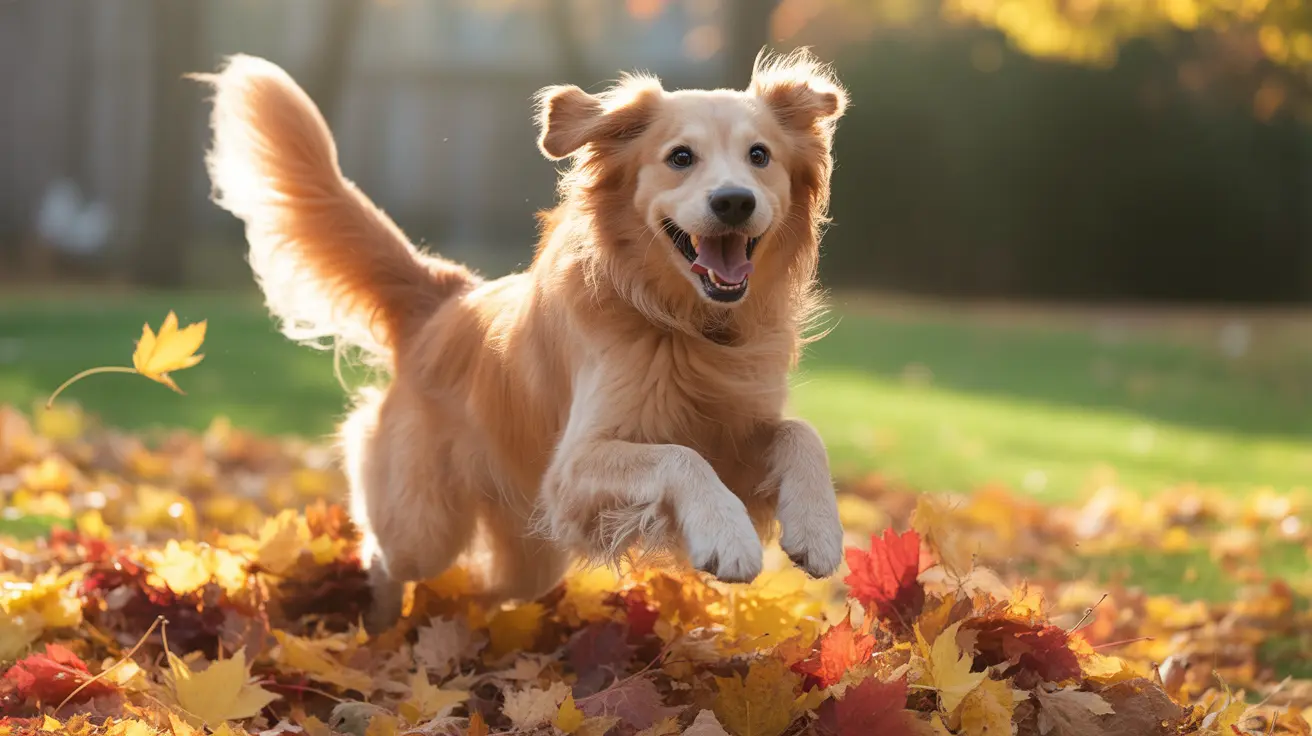As pet owners, we often wonder which human foods are safe to share with our furry friends. When it comes to nuts, the answer isn't straightforward – while some nuts can be safely given as occasional treats, others pose serious health risks to dogs. Let's explore which nuts are safe for dogs and which ones should be avoided entirely.
Understanding the distinction between safe and dangerous nuts is crucial for your dog's health. This comprehensive guide will help you make informed decisions about feeding nuts to your canine companion, including proper serving sizes, preparation methods, and potential warning signs to watch for.
Safe Nuts for Dogs: A Careful Approach
While some nuts are generally safe for dogs, they should always be given in moderation and with proper preparation:
Peanuts
Unsalted, raw, or roasted peanuts are generally safe for dogs. Remove the shells and ensure they're plain, without any seasonings or coatings. Avoid peanut products containing xylitol, which is toxic to dogs.
Cashews
Plain, unsalted cashews can be given as occasional treats. They're rich in proteins and healthy fats but should be limited due to their high caloric content.
Pine Nuts and Chestnuts
These nuts are generally safe but should be given sparingly due to their high fat content. Always ensure they're fresh and unsalted.
Dangerous Nuts: Keep These Away From Your Dog
Macadamia Nuts
These are highly toxic to dogs and can cause severe symptoms including weakness, depression, vomiting, hyperthermia, and in some cases, can affect the nervous system.
Black Walnuts and English Walnuts
Both varieties can be toxic to dogs, especially if moldy. They can cause gastric upset, neurological symptoms, and even seizures.
Almonds and Pecans
While not toxic, these nuts pose choking hazards and can cause gastrointestinal blockages, especially in smaller dogs.
Health Considerations and Risks
Even with safe nuts, there are several important health factors to consider:
- High fat content can lead to pancreatitis
- Risk of choking or intestinal blockage
- Potential allergic reactions
- Salt and seasonings can be harmful
- Size considerations for smaller dogs
Safe Feeding Guidelines
When offering safe nuts to your dog, follow these important guidelines:
- Always remove shells
- Use only plain, unsalted varieties
- Start with tiny portions to test tolerance
- Monitor for adverse reactions
- Consider your dog's size and health condition
Frequently Asked Questions
What nuts are safe for dogs to eat in moderation?
Dogs can safely eat plain, unsalted peanuts, cashews, and pine nuts in small amounts. These should always be shelled and given as occasional treats only.
Which nuts are toxic or dangerous for dogs and should be avoided?
Macadamia nuts are highly toxic to dogs. Black walnuts, moldy nuts, and nuts with salt or seasonings should also be avoided. Almonds and pecans pose choking risks.
How should I prepare nuts before giving them to my dog?
Remove all shells, ensure nuts are plain and unsalted, and break larger nuts into smaller pieces for smaller dogs. Always choose fresh nuts and avoid any with seasonings or coatings.
Can dogs develop allergies to nuts like peanuts, and what are the symptoms?
Yes, dogs can develop nut allergies. Symptoms include itching, swelling, hives, difficulty breathing, and gastrointestinal issues. If you notice any of these signs, discontinue nut treats and consult your veterinarian.
Why is it important to limit the amount of nuts my dog eats, and what health risks do nuts pose?
Nuts are high in fat and calories, which can lead to obesity and pancreatitis. They also pose choking hazards and can cause intestinal blockages. Some nuts contain toxic compounds that can cause serious health issues in dogs.
Conclusion
While some nuts are safe for dogs in moderation, they should never become a regular part of your pet's diet. Always err on the side of caution, start with small amounts, and watch for any adverse reactions. When in doubt, consult with your veterinarian about incorporating nuts into your dog's treat rotation.






